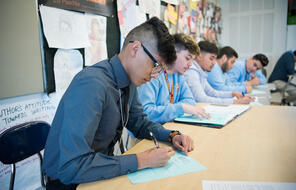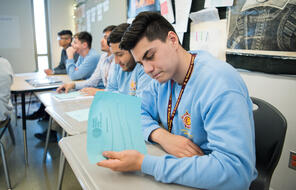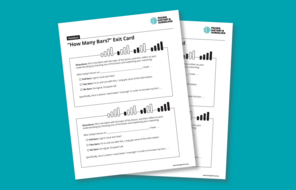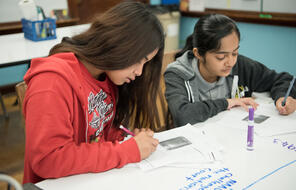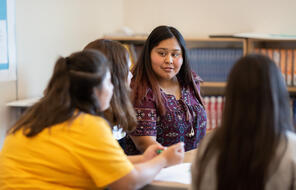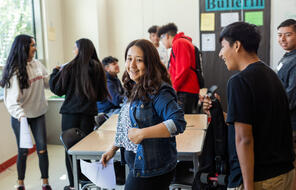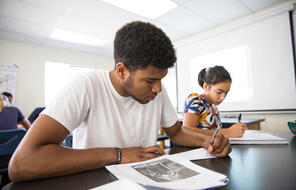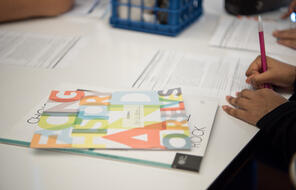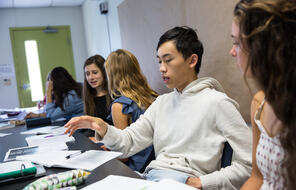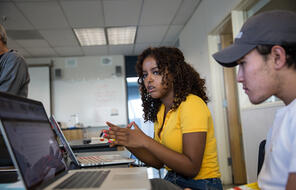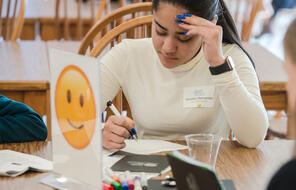
Introducing Agency
At a Glance
Language
English — USSubject
- English & Language Arts
Grade
11–12Duration
One 50-min class period- Culture & Identity
Overview
About This Lesson
Part of being human is facing choices and making decisions, both independently and in concert with others. Sometimes these choices and decisions are of little consequence; other times they have a large impact on our lives and quite possibly the lives of others, such as family, friends, or members of our communities.
The resources and activities in this lesson support students to examine the societal forces that can play a role in increasing or limiting an individual’s agency, as well as reflect on what’s at stake and what they risk when they make a choice to take action because we always want them to be mindful of their safety as they explore their agency and decision-making process. This exploration can help students to understand that they are not only acted upon: they themselves, in a variety of ways, are actors in their own lives and in the spaces they inhabit.
Preparing to Teach
A Note to Teachers
Before teaching this lesson, please review the following information to help guide your preparation process.
Lesson Plans
Activities
Materials and Downloads
Quick Downloads
Download the Files
Download allGet Files Via Google
Introducing Agency
What is Power?
Agency, Choice, and Action
Unlimited Access to Learning. More Added Every Month.
Facing History & Ourselves is designed for educators who want to help students explore identity, think critically, grow emotionally, act ethically, and participate in civic life. It’s hard work, so we’ve developed some go-to professional learning opportunities to help you along the way.
Exploring ELA Text Selection with Julia Torres
On-Demand
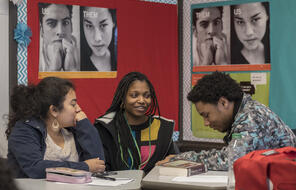
Working for Justice, Equity and Civic Agency in Our Schools: A Conversation with Clint Smith
On-Demand

Centering Student Voices to Build Community and Agency
On-Demand


